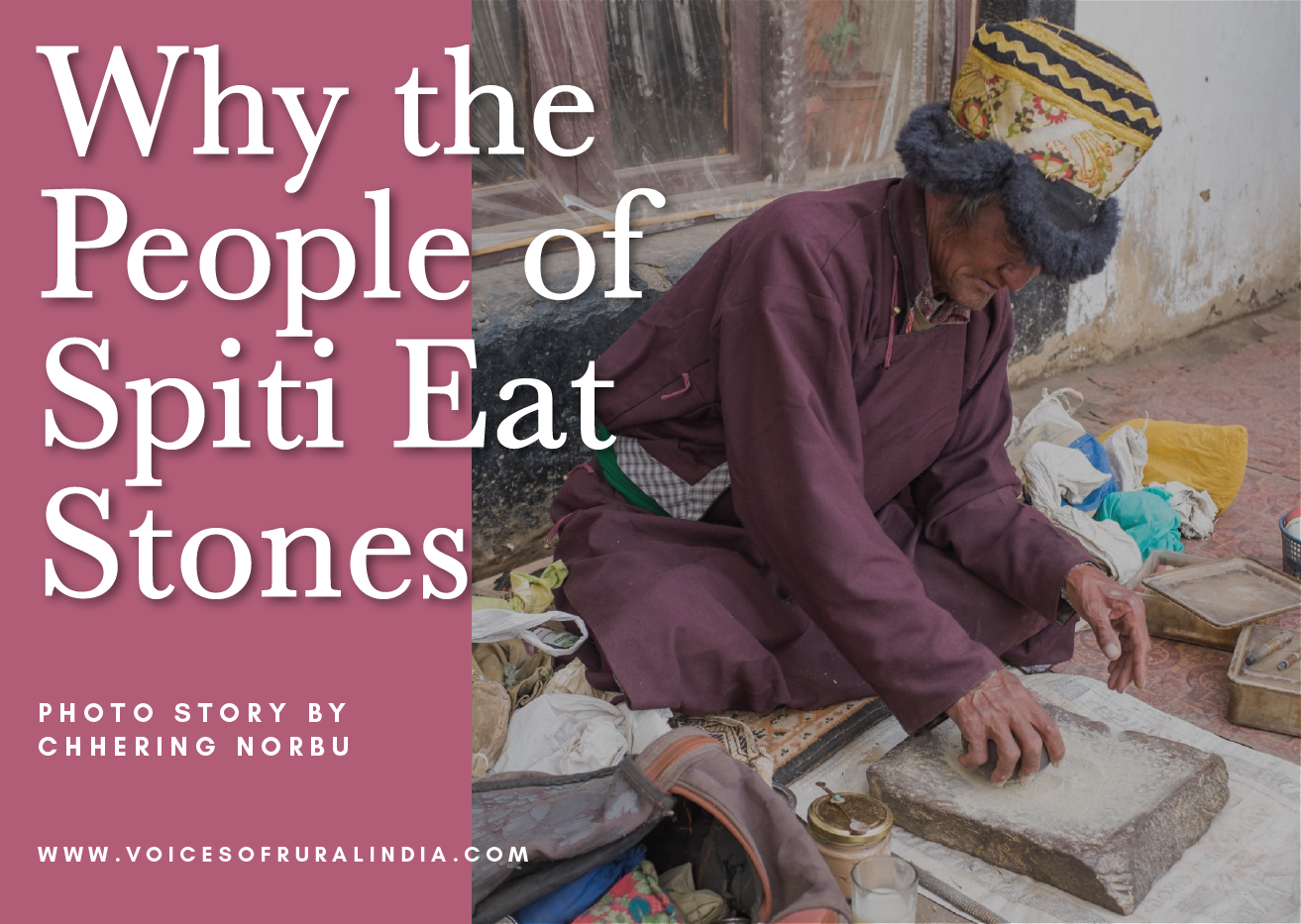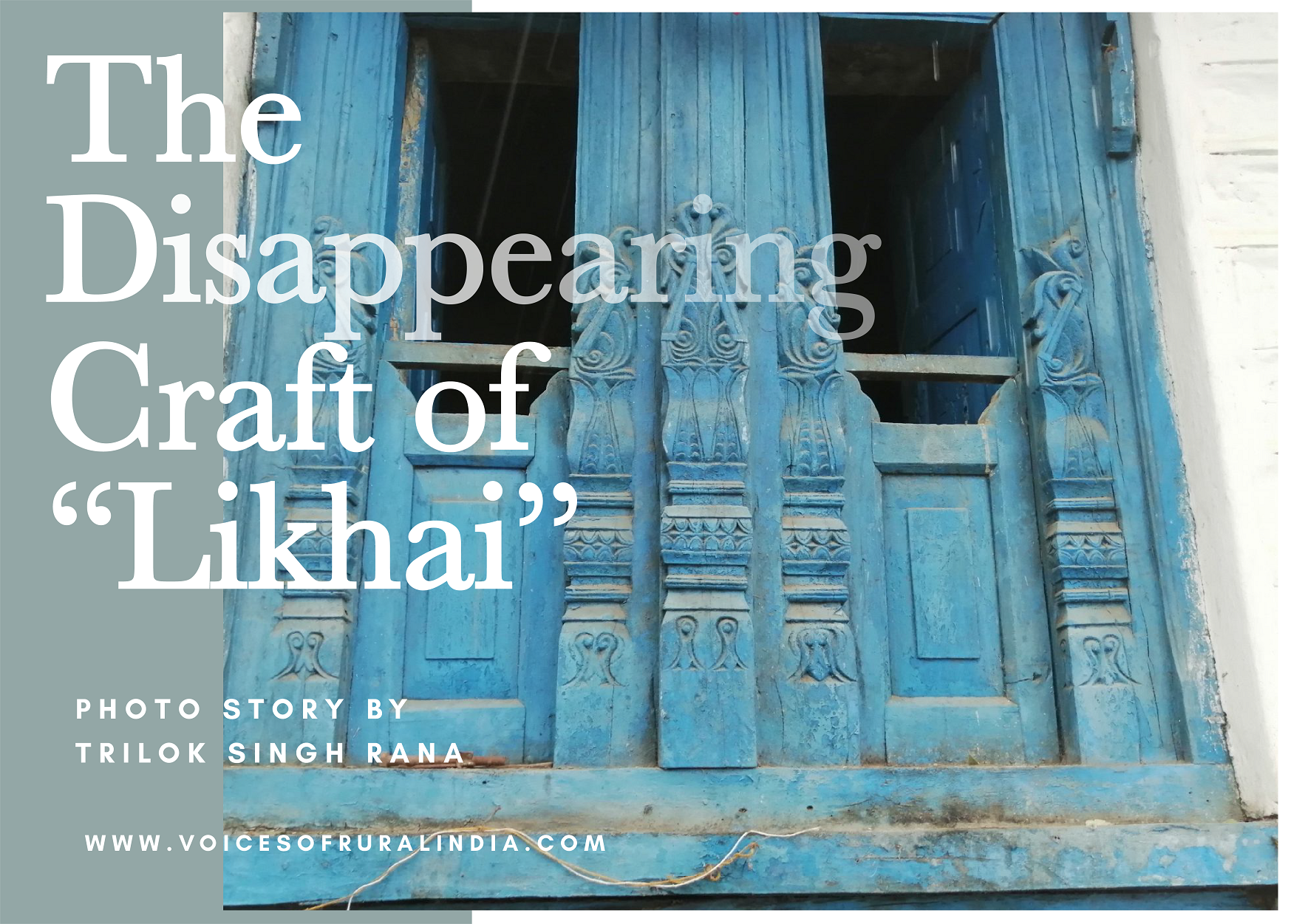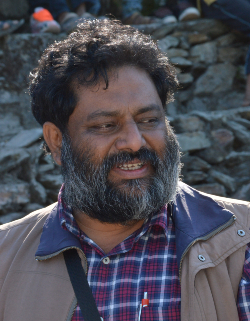1.jpg)
Post-Covid 19 travellers will be looking for peace and meaningful experiences and tourism professionals should start preparing for that now
3 April 2020
A silver lining in the Covid cloud
#StayHome is what we have done for weeks now. Our cocoon, which we have built, is our home. We are inside and everything outside is recovering. Think about that caterpillar, busy eating the leaves of the host plant, before it goes into the cocoon. While the plant recovers and flowers, the caterpillar is transformed into a beautiful butterfly to enjoy the flowering and help in the pollination.
Similarly, now that we were not busy with our economic activities, this crisis has put us in our cocoon, allowing the ecology to recover. When we are ready to come out as butterflies (our minds changed), we shall certainly make this earth a better place for all. Our minds, which could only think about connections and communication for a better economy, will now think about connecting and communicating with the nature around us.
Looking back…
At Help Tourism (started in 1991) and the Association for Conservation & Tourism (established in 2001), we have been taking forward a simple agenda of empowering communities through rural tourism. We considered ‘homestays’ the basic foundation for rural tourism. In the beginning, when villagers were not convinced with the concept, we built the Tourist Centres first, and then, with some maturity in our work, the Jungle Camps. Now, villages after villages invite and wait for us to help them set up homestays. Almost all our initiatives have been in a rather virgin landscape, where tourism was not at all known — the East and Northeast of India, and the land-linked cross-border countries like Nepal and Bhutan.
What lies ahead?
Most of us are hoping that after the lockdown is over, people will be back on the streets, and in the malls and restaurants. But our experience tells us, they will also be looking for peace; to overcome their mental pressures and to immerse themselves in more meaningful activities. We, who are part of this great tourism and hospitality fraternity, have to start our preparations from now, and think about how to create these immersions.
The days of ‘Ego Tourism’ will be over. Highlighting destinations visited and activities undertaken will be less on the agenda and on social media posts. The days of slow travel will be back. People will have more time to look for peace, for shanti.
Handling the crisis
As a company, we at Help Tourism have undergone many such closures in the Northeast, sudden changes in itineraries, bandhs and strikes for long periods, earthquakes, floods and so much more. We have now become experienced in handling such crises. Covid, of course, is a global crisis and of a different magnitude altogether. But you must understand that till the time humans beings have an evolutionary mind, they will travel. Maybe, people will not have the spending capacity as before, but all of us will have to learn to plan and adjust accordingly.
It is not the time for us to stay separated and boast of our specialisations. But the time to share, to make sure that travel and hospitality survives and thrives, maybe in a new avatar.
The huge number of people who have gone back to the villages from urban areas will need to be taken into account too. Here the innovations from the tourism practitioners will matter. The challenge will be to retain many of them in the villages through tourism. Slums and crowding in cities should become stories of a pre-Covid-19 world. India lives in her villages and the glory lies in doing so. Post Covid-19, governments have to take the best education and health facilities possible to our villages on an SOS basis, and provide services to the people who feed us and will continue to do so.
What could rural tourism offer now?
Recently, while motivating and training local communities in our landscapes, we had initiated the concept of ‘Healing Villages’; we had trained a few villages too. The villagers were guided to engage their guests in healing through soil, forests, sounds, compassion (volunteering) and spirituality (mainly meditation), most of which they practice anyway. But the skill to engage guests needs to be taught to them.







